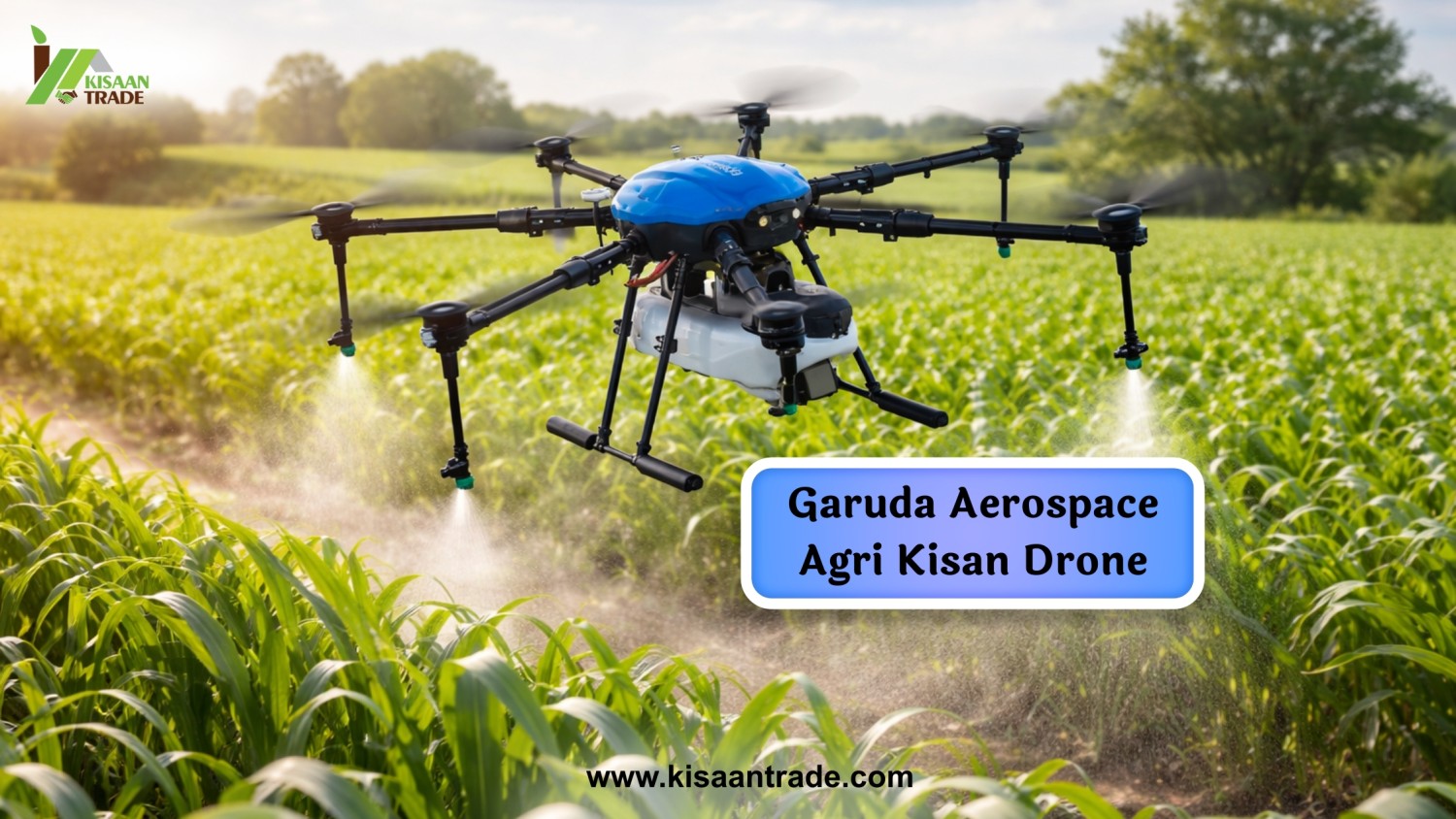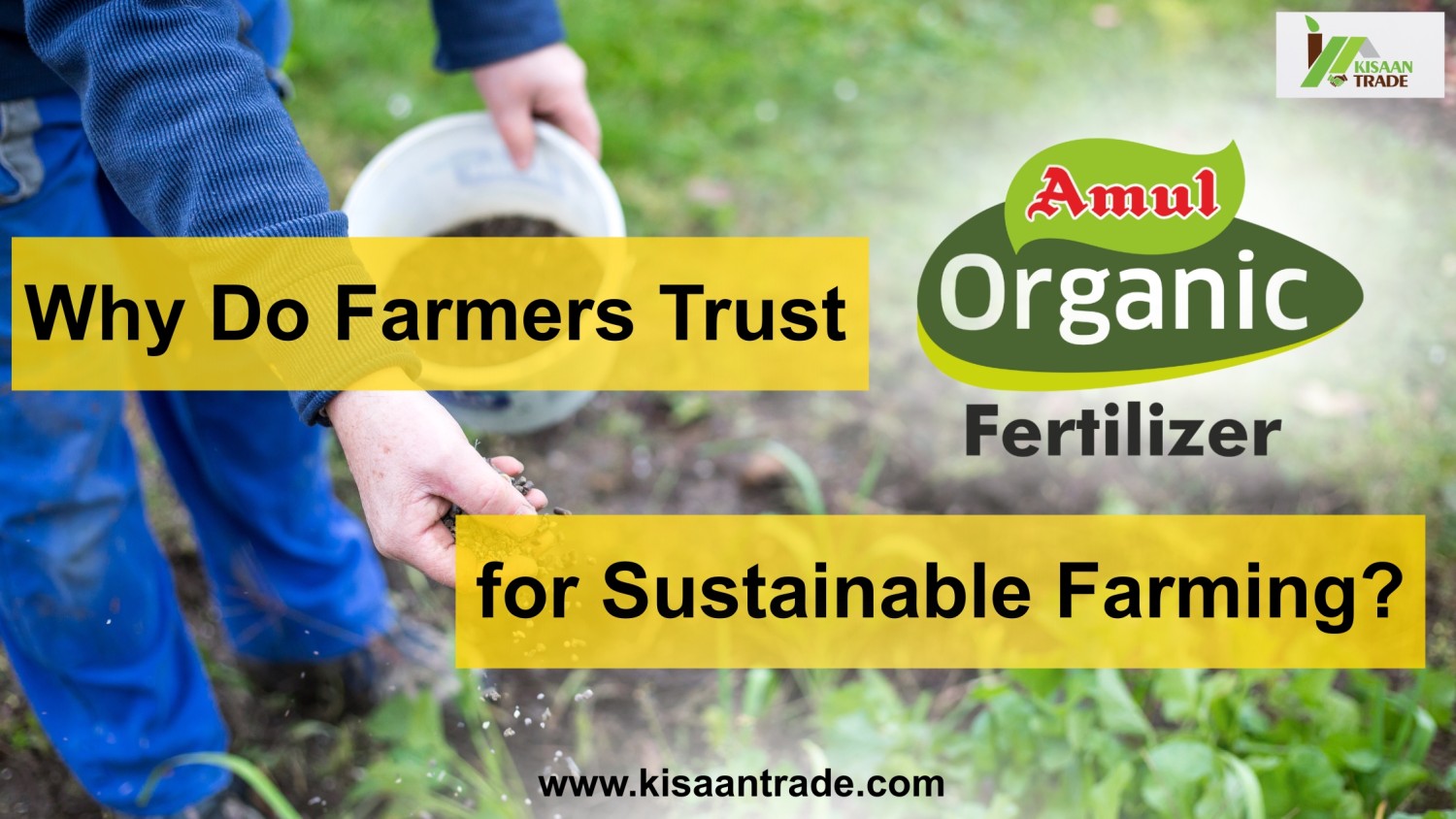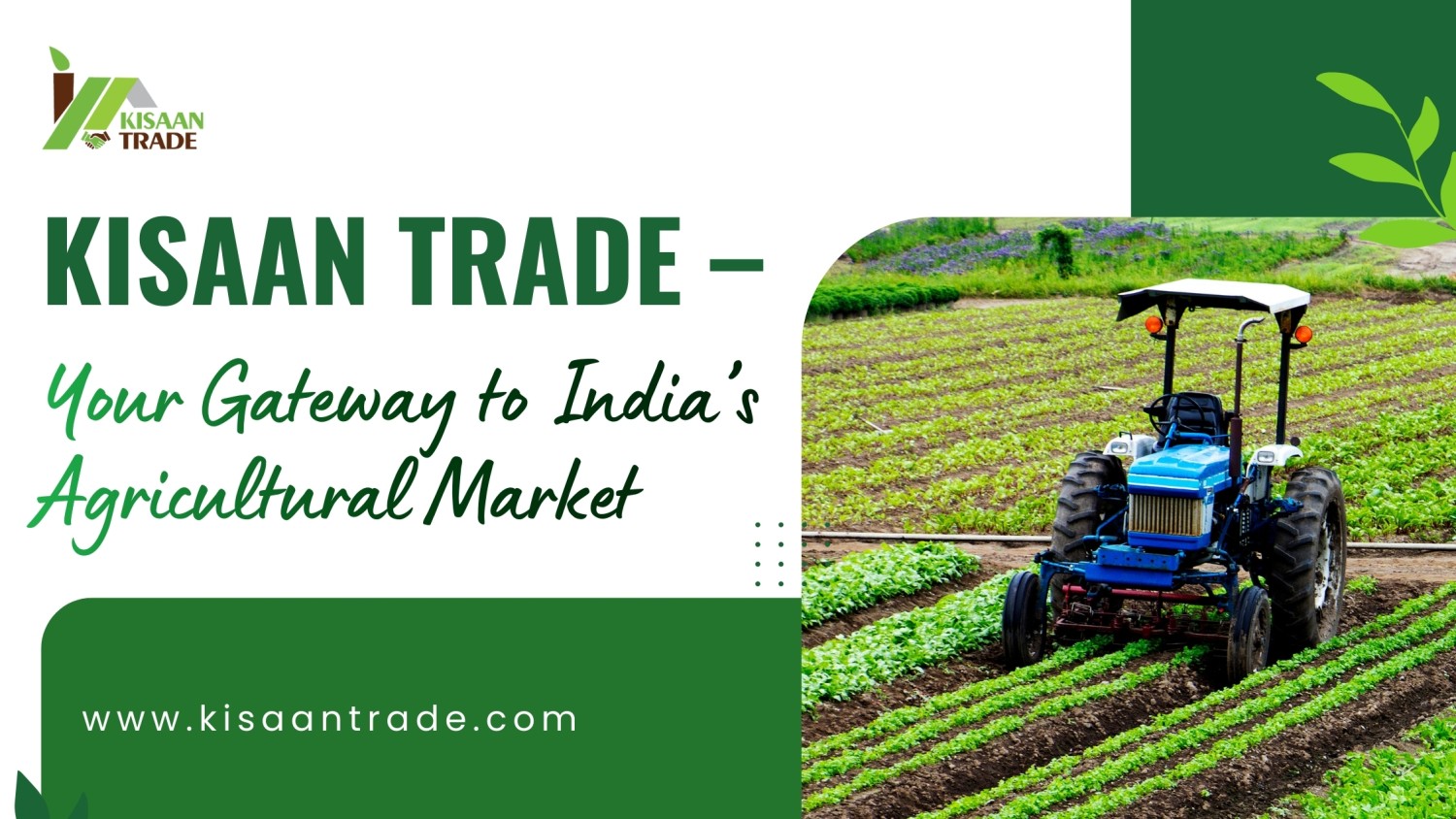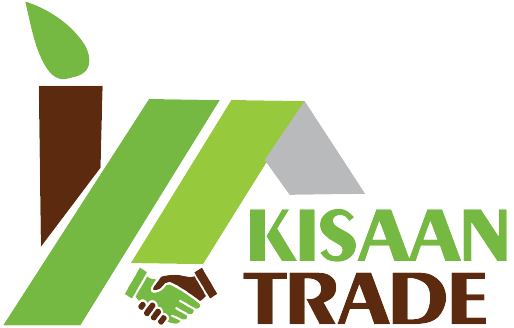Seed Industry Suppliers and Manufacturers: Key Overview
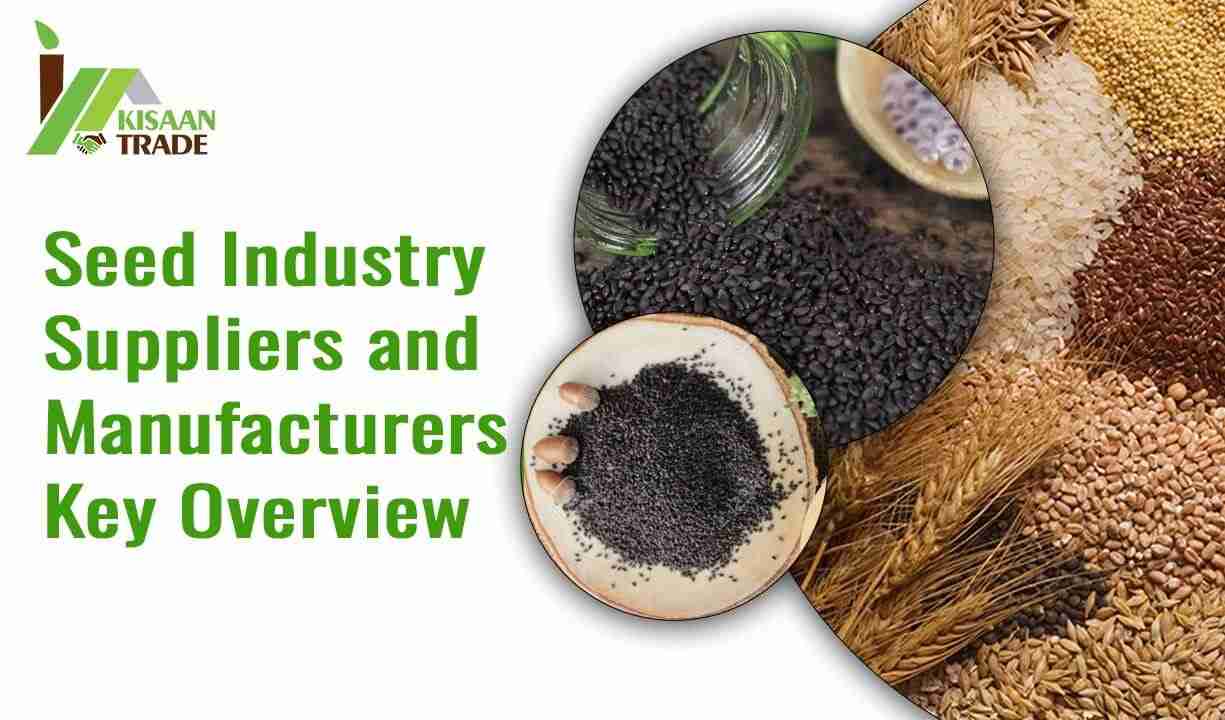
The seed industry plays an important role in global agriculture by providing the basis for crop production. Essentially, it involves the research, development, production, and distribution of seeds that are used to grow a variety of crops, including food, feed, and industrial crops. Seeds are the starting point of agriculture, and the seed industry makes important contributions to increasing crop yields, improving crop properties, and ensuring food security. Seed companies invest heavily in research and development to create genetically improved varieties that exhibit desirable characteristics such as resistance to diseases, tolerance to environmental stresses, and increased yield potential.
These advances contribute to sustainable agricultural practices and help farmers meet the growing demand for food in a changing global climate. The seed industry also plays an important role in promoting biodiversity by conserving and preserving diverse genetic resources. The industry is subject to a regulatory framework to ensure the safety and quality of seeds, promote innovation and responsible agricultural practices. The seed industry is a cornerstone of modern agriculture, driving innovation and productivity in the quest for a safe and sustainable food supply.
The seed industry is not just a vital cog in the machinery of global agriculture, it is the foundation upon which this vast system thrives. Seeds, these simple little capsules of life, are the key to our food security and the future of our planet. We'll take a deep dive into the seed industry, exploring the important role of seed suppliers and manufacturers. We will highlight the profound importance of seeds, the key players in this dynamic industry, the innovative technologies driving it, and the complex challenges it faces.
Importance of Seeds
To fully understand the importance of the seed industry, one must recognize the profound importance of seeds in the broader context of agriculture and global well-being. Here are the main reasons why seeds are more important than just the beginning of a plant's life cycle:
Crop Diversity: Seeds are the basis of crop diversity. They offer us a vast range of plant species, each with its own unique characteristics, adaptability, and usefulness. This diversity is essential to maintain balanced ecosystems and provide humanity with a wide range of crops for subsistence, industry, and nutrition.
Genetic Resources: Seeds are not just seeds; They are storehouses of genetic diversity. This genetic diversity is a treasure trove that plant breeders can use to create new crop varieties that are resilient to diseases, pests, and harsh environmental conditions.
Food Security: Availability of high quality seeds is an integral part of global food security. Along with advances in agricultural practices, improved seed varieties have significantly increased crop yields, ensuring a steady food supply and helping to eliminate the threat of famine.
Economic Impact: The seed industry is not just a matter of planting seeds and watching them grow. It is a formidable economic force, generating billions of dollars in revenue annually and providing employment to millions of people across the world, from seed growers to farmers.
Innovation Hub: The seed industry is a hub of innovation, where scientists, researchers and agricultural experts collaborate to develop high-yielding, disease-resistant and drought-tolerant crop varieties. These innovations are an important response to the challenge of feeding a growing global population.
Seed Industry Overview
The seed industry is a complex web of interconnected stakeholders, each of which plays a unique role in ensuring the availability of high-quality seeds to farmers and other end-users. The major players in this industry can be classified as follows:
Seed Suppliers: Seed suppliers are the bridge between breeders, manufacturers, and farmers. These companies source seeds from a variety of breeders and growers, ensuring quality and variety in their offerings. They are the primary point of contact for end users, offering a wide range of seeds including field crops, vegetables and ornamental plants.
Seed Producers: Seed producers are responsible for the production, processing, and packaging of seeds. They often work closely with breeders to increase production of specific seed varieties, ensuring that they are readily available to meet farmers' needs.
Breeders and Researchers: At the heart of the seed industry are breeders and researchers who work tirelessly to develop new crop varieties. These individuals and organizations work on enhancing traits such as disease resistance, yield, and tolerance to adverse environmental conditions. They are true innovators in this field.
Regulatory Bodies: Governments and international organizations play an important role in regulating the seed industry. They establish and enforce standards, ensuring seed quality, safety and fair trade practices. By establishing these rules, they aim to strike a balance between innovation and security.
Farmers and End Users: Farmers and end users are the ultimate consumers of seeds. They rely on seed suppliers and manufacturers to provide reliable, high-quality seeds for crop production, whether it's to feed the country or beautify the garden.
Seed Industry Leaders
The global seed industry is dominated by several major players, each of which has a significant impact on agriculture and food production around the world. Some of the most influential entities in the seed industry include:
Monsanto-Bayer: One of the largest and most controversial players in the seed industry, Monsanto, now a part of Bayer, is known for its genetically modified (GM) seeds. It has particularly made its mark in the fields of maize, soybean, and cotton. Monsanto-Bayer has faced significant public scrutiny and legal challenges related to its GM technology and business practices.
Syngenta-ChemChina: Syngenta, now owned by China National Chemical Corporation (ChemChina), is a global leader in the seed industry. The company has a strong presence in crop protection products and seeds, including genetically modified varieties. In particular, they perform excellently in markets such as corn, soybeans, and vegetables.
DowDuPont-Corteva: DowDuPont's agriculture division, now operating under the name Corteva Agriscience, is a significant player in the seed industry. They specialize in crop protection products and have a strong presence in the corn, soybean, and wheat seed markets.
BASF: BASF is a major player in both the chemicals and seeds sectors. They focus on crop protection and breeding, offering a wide range of seed products, including those with traits for resistance to pests and diseases.
Limagrain: Limagrain, a French cooperative, specializes in field crops, vegetable seeds and grain products. Their cooperative structure emphasizes research and sustainability in their products.
Sakata Seed Corporation: Sakata Seed Corporation, a Japanese company, is famous for its horticultural and vegetable seeds. They have a strong global presence in the vegetable seed market, offering diverse options for both professional growers and home gardeners.
Berenbrug Group: Berenbrug Group, based in the Netherlands, specializes in forage and turfgrass seeds. Their contribution to the supply of high quality grass seeds for agriculture, livestock, and landscaping is integral.
Innovation in Seed Industry
Innovation is the lifeblood of the seed industry. It is continuously evolving through advances in breeding techniques, biotechnology and seed technology. The industry's ability to embrace innovation is a key factor in its continued growth and success. Here are the key areas of innovation that are driving the seed industry forward:
Genetic Modification (GM): Genetic modification, or GM technology, has played an important role in the development of crops with desirable traits such as resistance to pests and diseases. This technology has led to the creation of genetically modified organisms (GMOs), which, while having undeniable benefits, have also sparked debate over their safety and environmental impact.
Gene Editing: Recent advances in gene editing technology, particularly the revolutionary CRISPR-Cas9, have the potential to redefine crop breeding. Gene editing allows precise, targeted modifications of a plant's genetic code, enhancing desirable traits without introducing foreign genes, which is a concern for some.
Hybrid Seeds: Hybrid seed technology has transformed crop production, providing higher yields and greater uniformity. Farmers widely adopt hybrid seeds for crops like maize, rice and vegetables, as they offer substantial benefits in terms of productivity and sustainability.
Organics: The use of organics, including beneficial microorganisms and natural compounds, is gaining popularity in agriculture. These products enhance crop health and resilience while reducing the need for synthetic chemical inputs, contributing to sustainable and environmentally friendly agricultural practices.
Data and Precision Agriculture: The integration of data and precision agriculture technologies allows farmers to make well-informed decisions regarding seed selection, planting, and crop management. These technologies maximize resource efficiency, minimize environmental impact and are key drivers of sustainable agriculture.
Challenges in Seed Industry
Despite its vital role in global agriculture and the ongoing wave of innovation, the seed industry faces a number of challenges that have a significant impact on its sustainability and continued growth. These challenges include:
Intellectual Property Issues: The issue of intellectual property in the seed industry is a complex issue. Patenting and ownership of genetically modified seeds has raised concerns about seed sovereignty and access to essential genetic resources. Some argue that these issues could hinder innovation and limit access to important genetic material.
Biodiversity and Conservation: An intense focus on high-yielding and genetically identical crops can lead to a reduction in genetic diversity within agricultural systems. This loss of diversity can make crops more vulnerable to pests, diseases, and environmental changes, threatening food security.
Regulatory Barriers: The regulatory environment for genetically modified seeds varies widely from country to country, creating complexities in international seed trade. Differing regulations can impede the efficient flow of seeds across borders and create barriers to market access.
Climate Change: Climate change is a significant threat to crop production. Rising temperatures, changing rainfall patterns and more extreme weather events require the development of seed varieties that can adapt to these changing climatic conditions to ensure food security.
Trade Barriers: Trade disputes, tariffs, and export restrictions can disrupt the global seed market. Such disruptions not only hinder the exchange of seeds, but also add stress to the global food system, which depends on open and efficient trade to meet the needs of a growing population.
Consumer Concerns: Consumer perceptions about genetically modified organisms (GMOs) and synthetic pesticides are increasing demand for more sustainable and organic farming practices. This change in consumer preferences may affect the types of seeds planted by farmers and the products offered by seed suppliers.
Emerging Pests and Diseases: New pests and diseases can pose significant threats to the entire crop. The ability to quickly develop and distribute resistant or tolerant seed varieties is critical to address these emerging challenges and protect global food security.
Conclusion
The seed industry is not only an integral part of global agriculture, it is the lynchpin on which our food security, economic prosperity and ecological sustainability depend. Seed suppliers and manufacturers play a vital role in ensuring that high quality and improved varieties of seeds reach the hands of farmers around the world.
We have explained in detail the profound importance of seeds, the key players in the seed industry, the innovative technologies driving it and the multifaceted challenges it faces. As the world grapples with the complex challenges of feeding a growing global population, the seed industry remains at the forefront of agricultural innovation. It is playing a central role in ensuring global food security and sustainability by providing the seeds that will grow our future.
Kisaan Trade B2B Trade Marketplace is such a market where you get all types of traders, suppliers, and manufacturers at one place. Complete information about the companies is available here. If any partner wants to buy or sell seeds, then visit Kisaan Trade.


